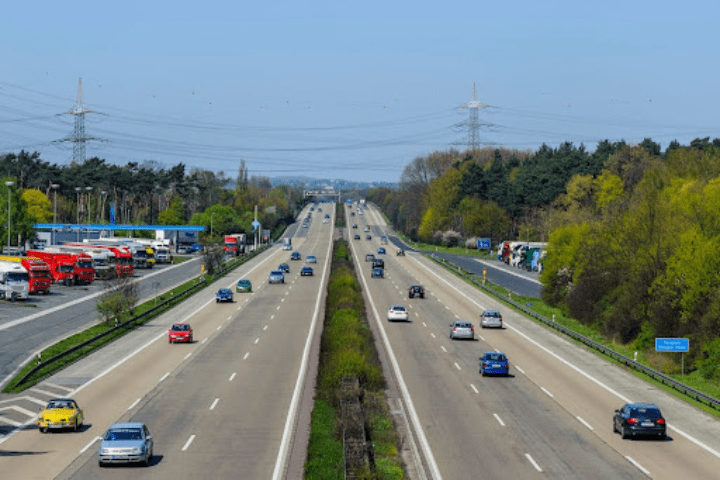Running a modern transportation business requires a judicious blend of innovative technologies, compliance savvy, meticulous vehicle management, environmental awareness, and customer-centric strategies. These components are vital for establishing a robust network that can withstand the pressures of the current economic landscape. By integrating state-of-the-art tools, staying ahead in compliance, maintaining fleets efficiently, adopting green initiatives, and earning customer trust, businesses can navigate the complexities of the transportation sector. Below, we delve into the aspects that are critical to the success of today’s transportation enterprises.
Understanding the Role of Technology in Modern Transportation Businesses
In an era where efficiency is synonymous with technology, embracing advanced systems is non-negotiable. At the heart of these advancements is the integration of network monitoring software. Network monitoring is essential for transportation businesses as it allows them to efficiently manage and safeguard their networks. Transportation businesses heavily rely on technology to streamline operations and provide quality services. Having a robust network infrastructure is crucial for their smooth functioning, and network monitoring software plays a part in ensuring its optimal performance.
Furthermore, technology enables companies to enhance their logistics and supply chain management, leading to reduced operational costs and improved customer service. In an industry where timing is everything, having access to accurate and swift communication channels can be the difference between a satisfied customer and a lost contract. Technologies like GPS tracking and automated dispatching systems are contemporary necessities rather than luxuries.
Fuel suppliers are another element of the supply chain for transportation businesses. Partnering with a reliable fuel supplier in Saskatchewan, for example, could be extremely useful. It ensures a constant and reliable source of high-quality fuel and gasoline, offers cost savings through bulk purchasing, and provides convenience and efficiency by eliminating the need for constant fuel procurement. By investing in a dependable supplier, transportation companies can maximize their operational efficiency and maintain a competitive edge.
Integrating Eco-Friendly Initiatives and Sustainable Practices
Environmental sustainability is now a criterion for success in the transportation industry. Green initiatives can range from integrating electric or hybrid vehicles into the fleet to optimizing routes for reduced fuel consumption. These measures not only contribute to the planet’s well-being but can also garner positive customer perception and provide a competitive edge.
Besides the direct environmental benefits, eco-friendly policies can also lead to cost savings in the long run. Ultimately, the push towards sustainability is not just an ethical choice but a business imperative. Companies that fail to adapt may find themselves outpaced by competitors who reap the advantages of being environmentally conscious and connection-driven to a public that increasingly demands eco-friendly options.
Building Customer Trust and Loyalty in a Competitive Marketplace

In a service-driven industry, customer trust and loyalty are invaluable. Transparent communication practices, such as providing real-time updates and responsive customer service, are integral in developing strong relationships. The goal is to exceed customer expectations, transforming one-time users into long-term clients. Moreover, leveraging technology to offer personalized experiences can enhance customer satisfaction.
Advanced CRM systems enable businesses to record customer preferences and tailor services accordingly. In a landscape crowded with competitors, the quality of customer interaction can set a company apart. Reputation management is also a facet of client retention. Positive reviews and ratings can influence new customers’ choices, while actively addressing negative feedback demonstrates a commitment to service quality. In the digital age, a company’s online presence can significantly impact its physical operations.
As this blog clearly demonstrates, there is no doubt that the transportation industry’s future lies in adeptly managing the intersection of technology, regulation, fleet efficiency, sustainability, and customer satisfaction. Overall, it’s clear that a modern transportation business must keep its wheels turning smoothly across various terrains to stay ahead of the curve and secure its place in the industry’s future.




